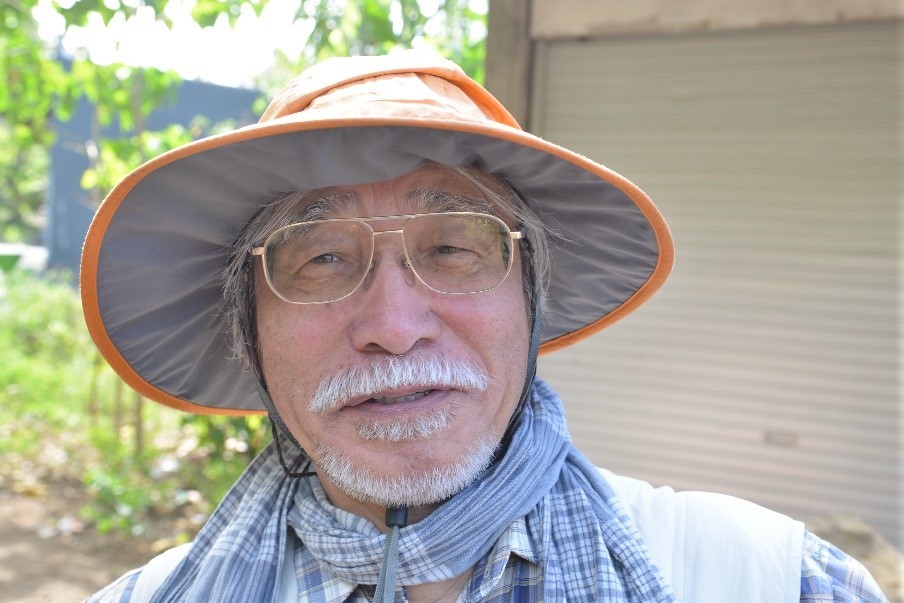
Akira Ito (8/3/1947-9/9/2021) was born in Sendai Miyagi, Japan where he attended both school and university. He graduated school with the School President’s Award in Science, and completed BSc, MSc and PhD degrees from Tohoku University. His PhD research topic was the Immunobiology of cestode infections. His research interest in cestode immunology continued throughout his 50-year long involvement in scientific research. Professor Ito began his academic career at Showa University, which continued at Gifu University (1979-1998), and completed his career at Asahikawa Medical University (1998-). He was a major figure in the field of cestode immunology, diagnostics and post-graduate training. He was an adept in vivo experimentalist especially understanding immunity against Hymenolepis spp. and development of animal models for Taenia spp cysticercosis.
After taking up the Chair of Parasitology at Asahikawa Medical College in 1998, Professor Ito developed an impressive cestode focused laboratory with outstanding Japanese and visiting scientists that made major contributions to the fields of molecular diagnostics and epidemiology. He applied laboratory tools to undertake a longstanding programme of research into the epidemiology of cestode zoonoses in Asia particularly Taenia and Echinococcus spp. He was a member of the first international team in 1995 to investigate echinococcosis in eastern Tibet (Qinghai and Sichuan Provinces) and to show that both human cystic and alveolar echinococcosis were major public health problems in those isolated communities. Later in 2003 his research team and Chinese collaborators discovered a new Echinococcus species (E. shiquicus) in wildlife (Tibetan fox and plateau pika) on the eastern Tibetan Plateau. Amongst many field investigations he notably helped describe endemic transmission of Taenia asiatica in northern Sumatra and western Thailand. He was also one of the few foreigners to make research trips into Irian Jaya (Papua) to investigate the high rate of Taenia solium transmission amongst native tribes. His many collaborative field trips to western Sichuan in China showed that T. solium cysticercosis was a major problem in lower altitude Tibetan communities. During his years in Asahikawa, his laboratory trained many parasitologists especially from China and southeast Asia who later made major contributions in their own countries. Professor Ito organized and obtained funding for several outstanding international Cestode Symposia and workshops where many of the papers were published in prestigious parasitology journals.
Professor Ito was awarded the title of Emeritus Professor, Asahikawa Medical College, from 2012 and continued working and writing manuscripts throughout the subsequent 9 years. He held positions as Visiting Professor at numerous international universities, was elected an Honorary International Fellow of the American Society of Tropical Medicine and Hygiene and received the “Erdene-Ochir” award by the President of the Mongolian National University of Medical Sciences. Professor Ito published almost 450 scientific papers in English in internationally refereed journals as well as a further 150 papers in the Japanese language. Professor Ito made major contributions to understanding the biology and immunology of cestode infections and the epidemiology, diagnosis and control of echinococcosis and cysticercosis. He was an inspirational laboratory head and mentor to postgraduate students and researchers in many countries. Professor Ito was predeceased by his wife Hikari of almost 40 years, and is survived by two children and three grandchildren.
Marshall Lightowlers & Phil Craig
